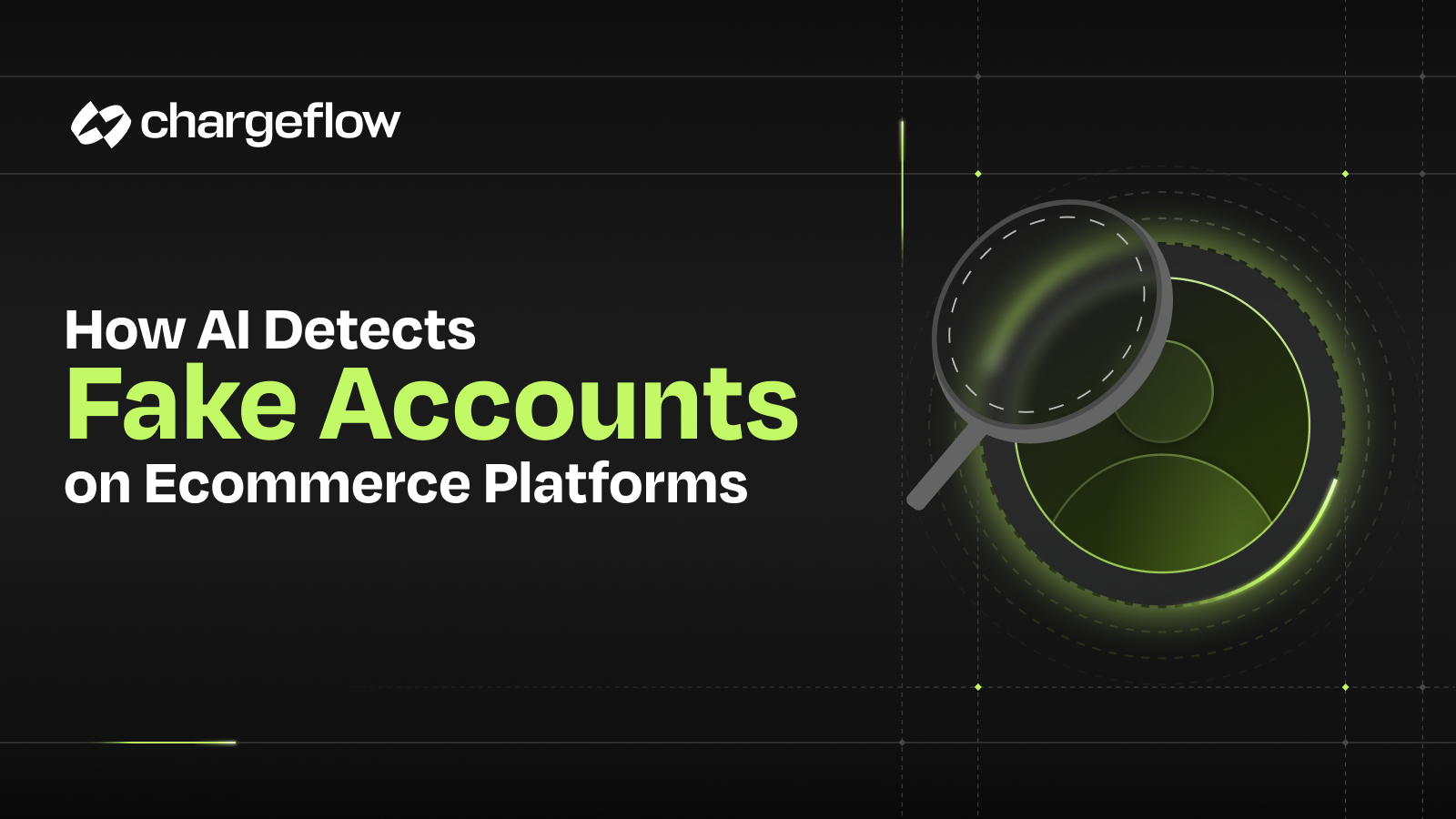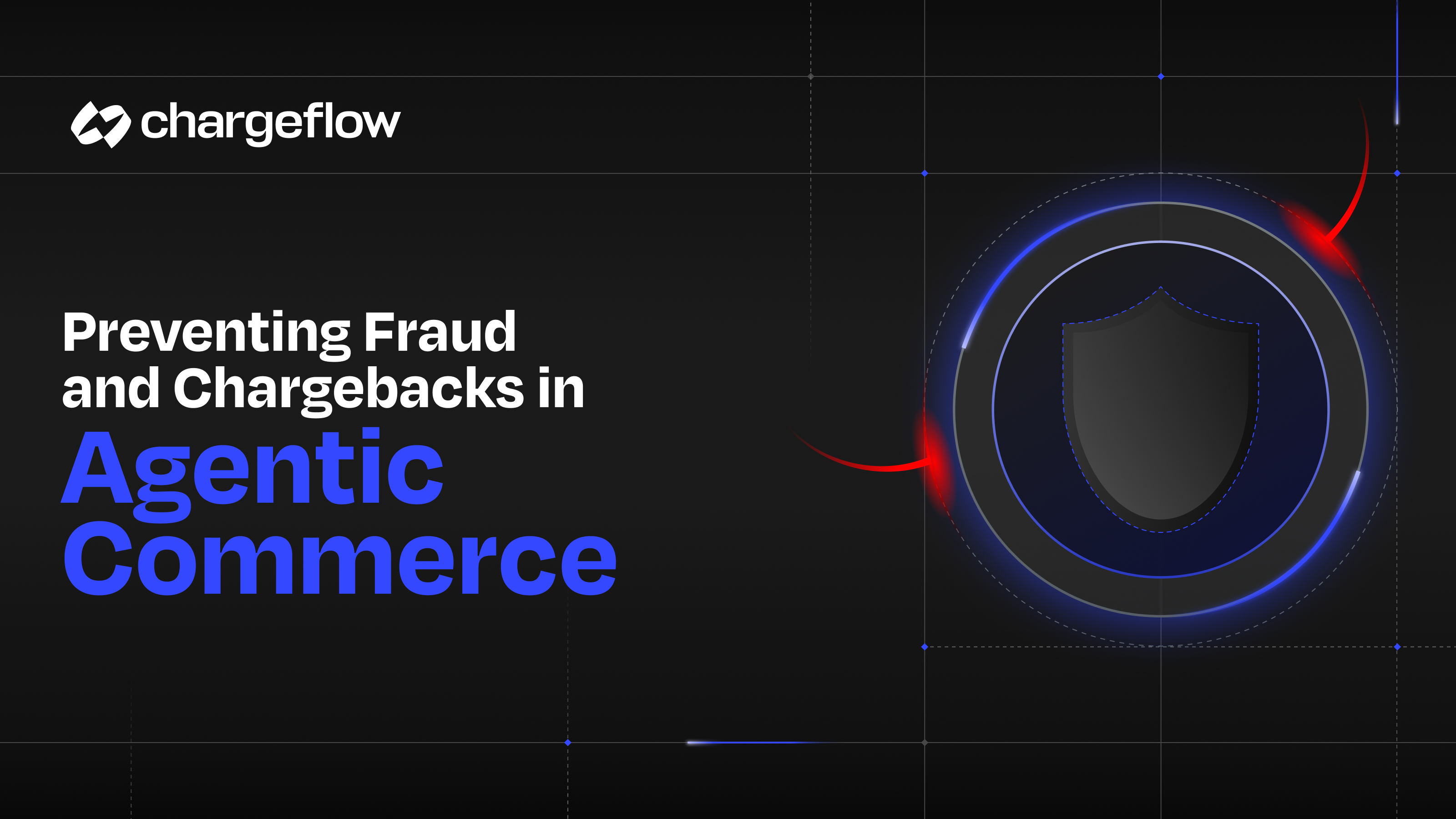Merchant Frauds: How to Protect Your Business and Your Customers

Chargebacks?
No longer your problem.
Recover 4x more chargebacks and prevent up to 90% of incoming ones, powered by AI and a global network of 15,000 merchants.
Learn how to protect your business and customers from merchant frauds! Discover effective prevention measures and safeguard your assets today.
As an online store owner, you understand that you and your customers both run the risk of exposure to merchant fraud or other malicious activity when conducting transactions over the internet.
Unfortunately, fraud doesn't take a break just because it's digital--it often takes on new forms that are difficult to detect and even more challenging to protect against. However, staying informed about modern merchant fraud methods is key for safeguarding your business from cybercriminals and their tactics.
In this blog post, we’ll explore different types of merchant frauds, as well as strategies for protecting yourself and your customers from them.
Types of Merchant Frauds
Merchant fraud refers to any fraudulent activity perpetrated by a merchant or seller. There are several types of merchant fraud that consumers should be aware of, including:
1. Identity theft
Identity theft occurs when a fraudster steals a consumer's personal information, such as their name, address, and credit card number, and uses it to make unauthorized purchases. Merchants can help prevent identity theft by using secure payment processing systems and requiring additional verification for high-value transactions.
2. Payment fraud
Payment fraud refers to any fraudulent activity related to payment processing, such as using stolen credit card information to make purchases, charging consumers for products or services they did not receive, or manipulating transaction data to divert funds. Merchants can prevent payment fraud by implementing fraud detection and prevention systems, monitoring transactions for unusual activity, and educating their staff on how to identify and prevent fraud.
3. Affiliate fraud
Affiliate fraud occurs when a merchant's affiliate partner engages in fraudulent activity to increase their commission payouts. This can include using fake clicks or leads to inflating the number of conversions or creating fake accounts to make purchases. Merchants can prevent affiliate fraud by carefully vetting their affiliate partners, monitoring their affiliate programs for unusual activity, and setting clear guidelines for affiliate behavior.
Consequences of Merchant Frauds
Merchant fraud can cause an array of disastrous consequences for both businesses and customers. Companies might suffer considerable financial losses, a damaged reputation, and even potential legal issues that could be costly and time-consuming to resolve.
Furthermore, merchants may struggle to win back their customers' trust should they become victims of such fraudulent activities. Customers can fear the security of their personal information if something like merchant fraud occurs, leading them to have doubts about future transactions. And so, you should keep customers informed of best practices in online payments, such as avoiding public networks or using a reliable VPN like NordVPN when making transactions.
In any case, merchants and customers alike should remain vigilant against such malicious activity in order to reduce the number of consequences that may arise from it.
Tips to Prevent Merchant Frauds
Merchants can drastically reduce the risk of experiencing fraud by taking proactive steps to protect their business. Fraud detection tools are crucial for helping merchants detect fraudulent activities before it is too late.
Be sure to use secure payment methods, such as encryption and tokenization, depending on your business requirements. Not only do these help protect customers but they also act as a fraud-prevention measure for merchants.
It is also important to keep customers informed of best practices when it comes to online payments, such as avoiding public networks or using a reliable VPN while making transactions.
Furthermore, educating employees on recognizing and responding to phishing emails can help prevent financial losses from common scams. By employing the aforementioned strategies, merchants can minimize their risk of falling victim to merchant fraud.
How to Respond to Merchant Frauds?
If a business detects or suspects merchant fraud, it is important that they take action right away. As the first step, it is essential to contact the payment processor and report the incident. The payment processor can then investigate and take appropriate security measures.
It is equally important to get in touch with any affected customers to explain the incident and reassure their safety. Lastly, businesses should also notify the relevant authorities for further investigation if needed.
By taking these simple steps, businesses can ensure that fraudulent activity is reported and stopped immediately before causing further harm.
Final Thoughts on Merchant Fraud
While merchant fraud can seem daunting and overwhelming, businesses are not helpless in the face of this growing global challenge. By learning what it is, recognizing the common types and causes, understanding the consequences behind it, taking proactive measures to prevent it, and responding swiftly when needed – merchants can be their own first line of defense against merchant fraud.
It will ultimately help safeguard your customers’ private details as well as protect your own business's success. For a deeper dive into merchant fraud and how to mitigate associated risks and costs, consider consulting an experienced financial services provider that understands the unique details of your industry.
Together you can create a robust plan to combat fraud while still providing a stellar customer experience.

Chargebacks?
No longer your problem.
Recover 4x more chargebacks and prevent up to 90% of incoming ones, powered by AI and a global network of 15,000 merchants.






























.png)








